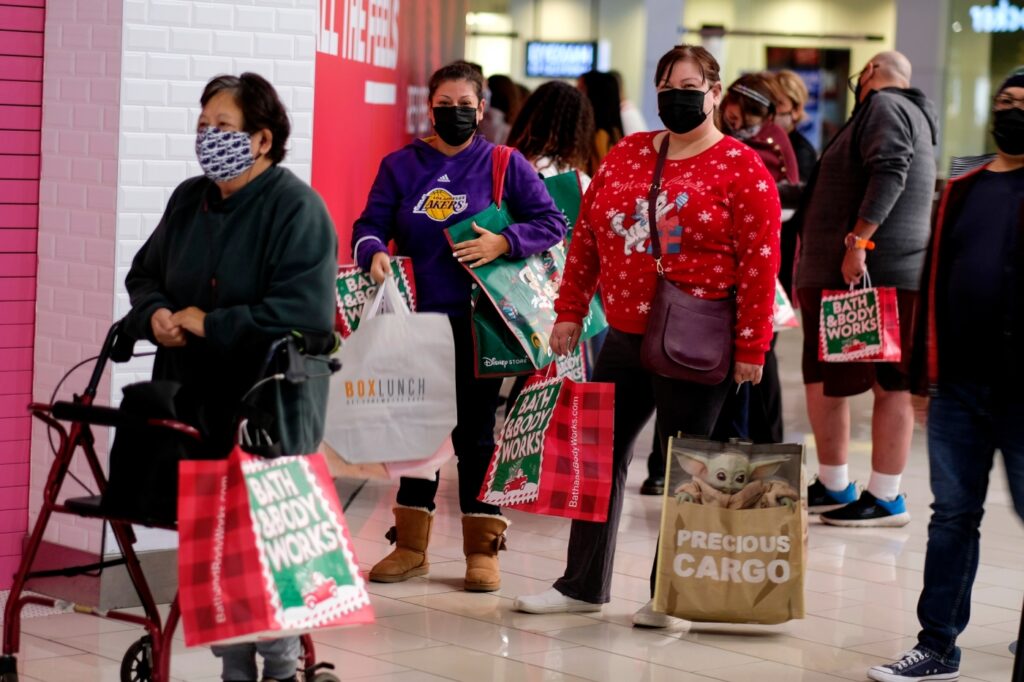
Some behavioral changes in American society as a result of COVID-19 should persist after the current crisis passes, in order to lessen the possibility of spreading many kinds of respiratory diseases in the community. Mask wearing is one example. Japan and China regularly utilized this preventative practice before COVID-19. Having grown used to wearing masks during COVID-19, Americans should continue that practice at the onset of cold-like symptoms. We have learned it is not a great inconvenience to carry a mask in a purse or coat pocket and to store some at home.
All venues where people congregate should have masks available — not necessarily as a matter of law, but as good commercial practice. Airlines should provide passengers who are coughing or sneezing with a mask, and require them to wear it. We should be skeptical of the common excuse, “It’s just allergies,” or “I’m past the infectious phase.” We used to treat common colds as nothing serious; but we know now that a virus can affect a vulnerable person much more severely than the symptoms of the person spreading the virus might indicate.
Another lesson is the importance of staying away from school or work when we are infected. Staying home when we show symptoms of a communicable condition is vital, not just polite, behavior. Some may not be able to afford the loss of a day’s pay. The need for paid medical leave for that situation is now apparent. Any one state that takes this step, however, and forces employers to pay for it, runs the risk of driving employment to other states, or out of the country. The responsibility, therefore, should be undertaken at the federal level, and so should the funding. That way all of us would bear the cost, rather than burdening employers who create job opportunities.
Monetary economics has also been changed by COVID. America spent $1.9 trillion in a single piece of legislation, at the start of President Biden’s term, to soften the impact of COVID. President Clinton’s Treasury Secretary Larry Summers described this as three times more than was necessary, and he predicted serious inflationary consequences. Today, we know he was right. The lesson is that easy money policy can be helpful in cushioning a downturn, but printing more money than the economy can absorb will lead to inflation.
Related Articles
California drank bleach to fight off the coronavirus
Pandemic lessons from the LA business community: Sarah Wiltfong
Reflections on two years of firsts, sorrows and lessons: Janice Rutherford
Running out on Standard Time
The vacuous din of the viciously ignorant
America learned in the COVID crisis that the inventive capacity of our economy is truly remarkable. The vaccines developed in Operation Warp Speed by American pharmaceutical companies Moderna, Pfizer and Johnson & Johnson were miraculous, especially in contrast to the predictions that coronaviruses were intractable and no vaccine could be expected for years, if not decades. The vaccine discoveries were followed by innovation in therapies as well that lessened the harmful health consequences for those who became infected — also developed at a pace that defied all cautious predictions. Vaccines and therapies developed in state-dominated economies like Russia and China did not prove as successful. We let the free market perform, and it did so fantastically.
It is also true, however, that government needs to be a partner with free enterprise. The Warp Speed concept was that the government would pay for costs that pharmaceutical companies could not risk to invest on their own, to build up massive production facilities in advance of actually having a vaccine. It took courage and faith in the genius of the free market to prepare to produce the vaccines in the volume we needed, before they were discovered. This was a singular achievement of President Trump. The widely held antipathy against his administration should not cause us to overlook this accomplishment, and to emulate it when we need to do so again.
Susanne Campbell is a retired University of California Berkeley administrator. Tom Campbell is a teacher at Chapman University. They are both members of a new political party being formed in California, the Common Sense Party.
